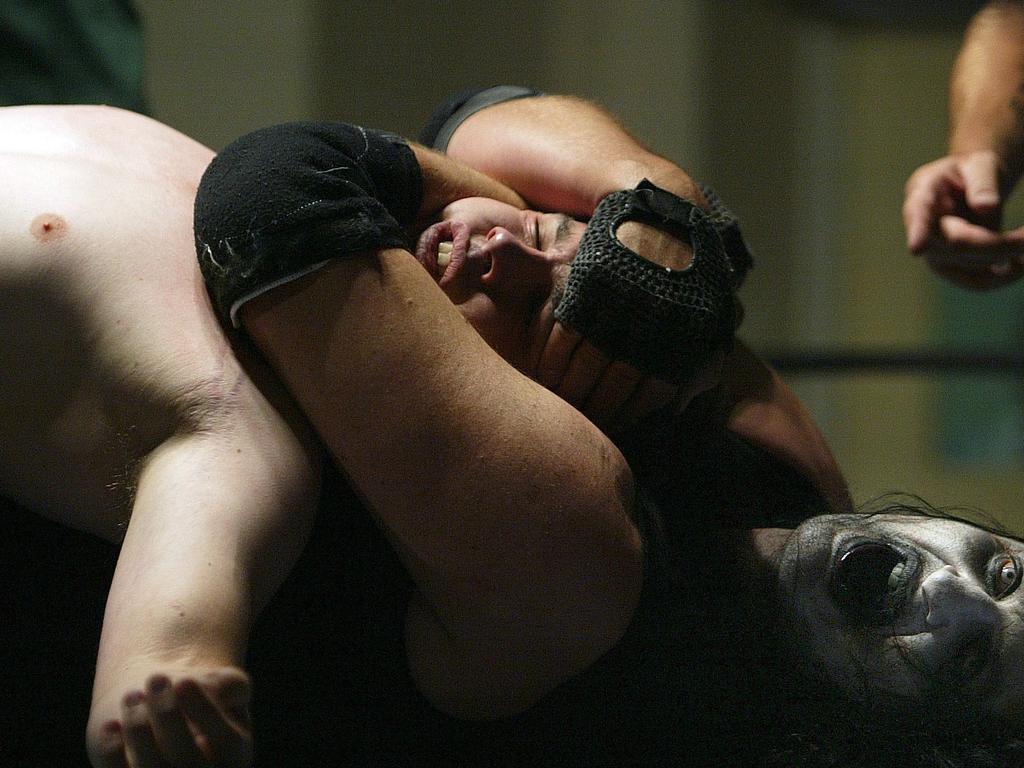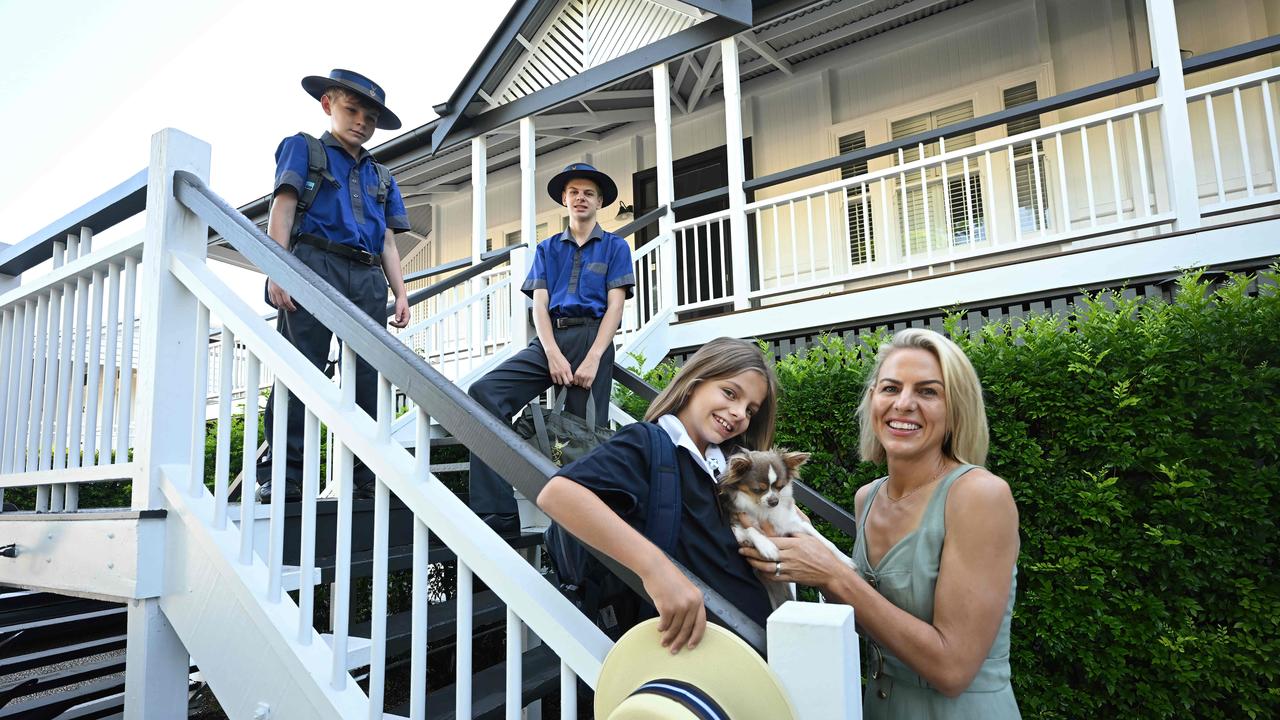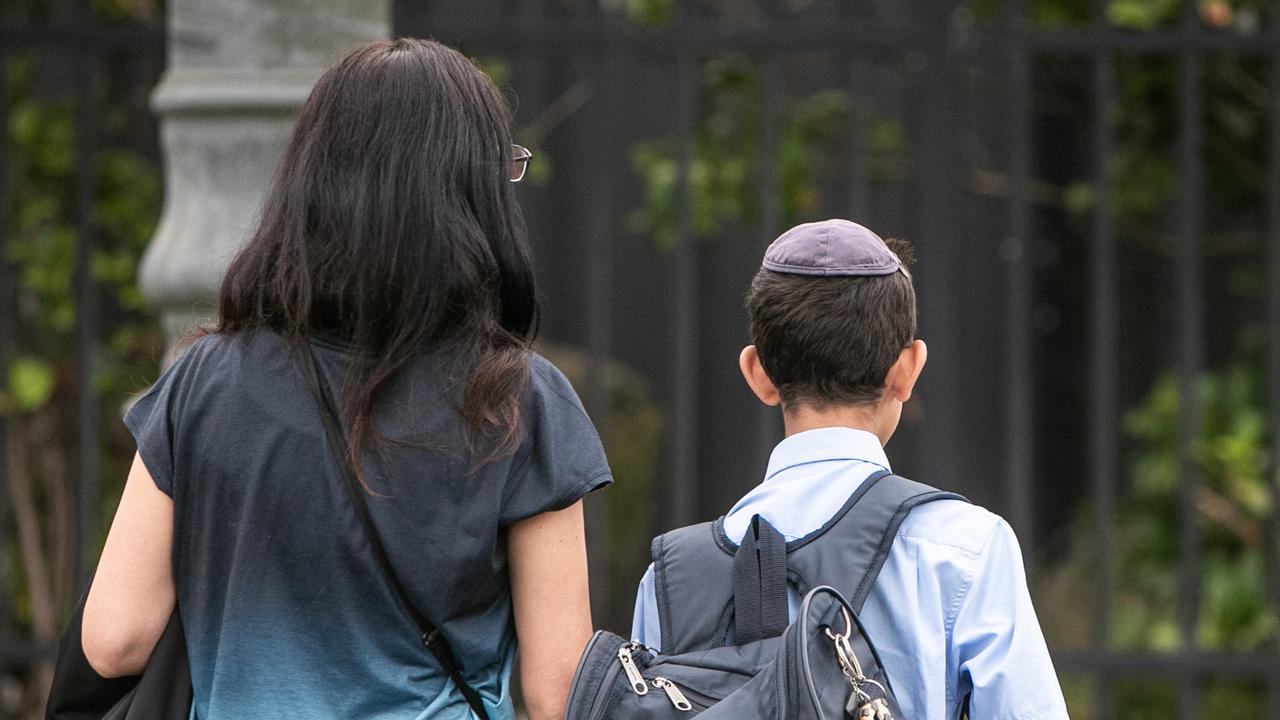Indigenous call to ban cop neck restraint that led to man’s death
An Indigenous adviser to Queensland Police Commissioner Katarina Carroll has called for a ban on a neck restraint used on an Aboriginal man who died while resisting arrest.
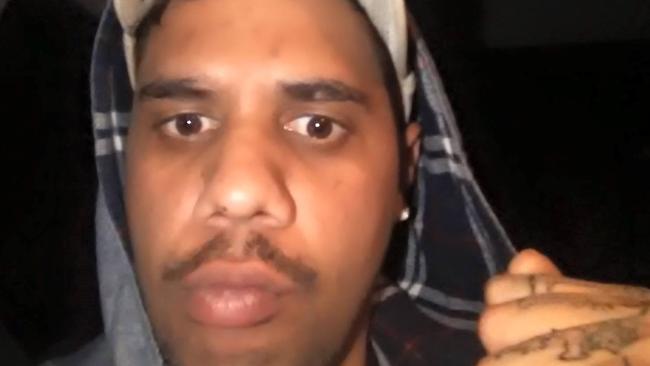
An Indigenous adviser to Queensland Police Commissioner Katarina Carroll has called for an immediate ban on a neck restraint used on an Aboriginal man who died while resisting arrest.
Gracelyn Smallwood, a professor of nursing, said revelations that Steven Nixon-McKellar, 27, had suffered a cardiac arrest in 2021 after police used the stranglehold on him as he resisted arrest should be enough for Queensland to join the rest of Australia’s police forces and ban the restraint.
It was reported in The Weekend Australian that a post-mortem examination linked Nixon-McKellar’s sudden death to officers applying the police-endorsed Lateral Vascular Neck Restraint on him for 11 seconds, with police telling media at the time only that he’d had a “medical episode” during the arrest before “losing consciousness”.
It was also revealed that a secret Queensland police review last year decided to retain the technique, despite it being warned by other police services that it was “too dangerous”.
Professor Smallwood and fellow indigenous activist Stephen Hagan said the Aboriginal community was deeply disturbed “to now learn that an Aboriginal man had died from a stranglehold by police”.
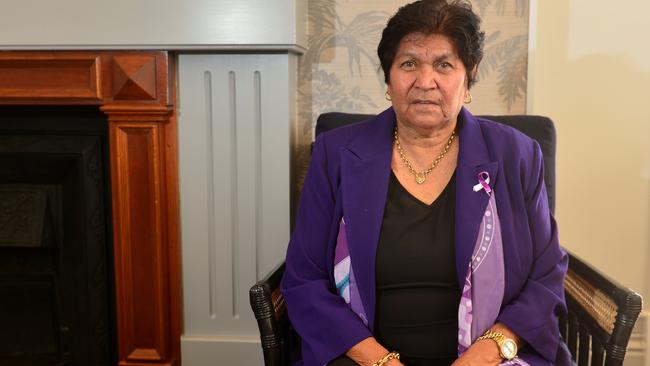
She said Queensland police should not “willingly ignore” evidence of the risks of the restraint.
“Queensland has to join the rest of Australia’s police services and ban this stranglehold before somebody else gets hurt,” said Professor Smallwood, who sits on the First Nations reference group to the Queensland Police Service.
“It is very disturbing that this stranglehold was used on him; the evidence is there that it can kill, particularly with people who have chronic health problems.”
Queensland Police Minister Mark Ryan said he could not comment on Nixon-McKellar’s death ahead of a coronial inquest, which was yet to be scheduled.
In a statement, he said he had asked Ms Carroll to personally look into the matter after the newspaper’s revelations about the death and a secret review into the restraint that been ordered last year by a coroner.
“Notwithstanding that this is an operational matter for police, I have nonetheless asked the commissioner to review this matter and act on any recommendations of the coroner,’’ Mr Ryan said.
A post-mortem examination found that Nixon-McKellar, who was confronted by police as he sat in a stolen car, had ice in his system and also had an undiagnosed heart and lung disease.
“Given the close temporal relationship between pressure being applied to the neck and cardiac arrest, it is considered a significant contributory factor,’’ pathologist Christopher Day said.

It can also now be revealed that one of the officers involved in trying to arrest Nixon-McKellar did not activate his body-worn camera until towards the end of the fatal incident in Toowoomba on October 7, 2021.
In a recorded interview with Nixon-McKellar’s family, senior Queensland police said footage from body-worn cameras had proved critical in recent death-in-custody investigations where there was often “one word against another”.
“So we have body-worn camera of both officers; one officer activated his almost immediately, the other officer didn’t activate his for some time, almost towards the end,” Detective Senior Sergeant David Cousins said.
“That is not unusual in the circumstances. These are young people, (and) when they go into circumstance, yes, they have to activate it.
“But for us when we see it, we know whether it’s an allegation of intentionally or not; that’s not my concern, in this case.”
Footage from the officers’ body-worn cameras and police car dashcam will prove critical at the inquest into his death on whether police were warranted in using the restraint and if it was properly applied under their training.
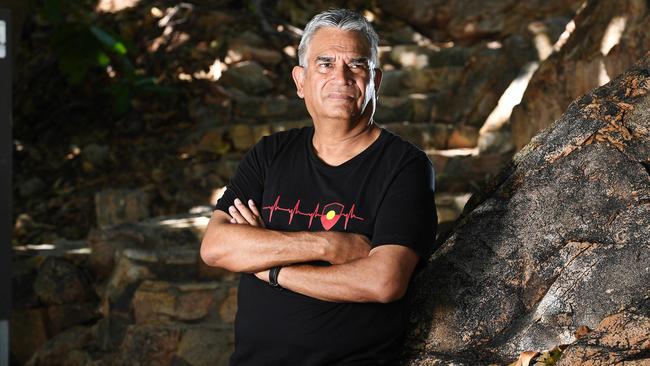
Dr Hagan said the Queensland police and government needed to act and ban LVNR, adding that Indigenous people who came into contract with police were particularly vulnerable given their known underlying health problems.
“Why (are) the Premier and police commissioner tone deaf in condoning this chokehold against the best advice on offer,’’ he said.
“This is the 2020s, not the 1920s. Shame on both of them who claim strong historical association with First Nations people in Queensland. “
On Friday, a spokesman for the Queensland Police Service, in response to a series of questions about Nixon-McKellar’s death and police use of LVNR, said it could not provide comment while the death in custody was before the coroner.


